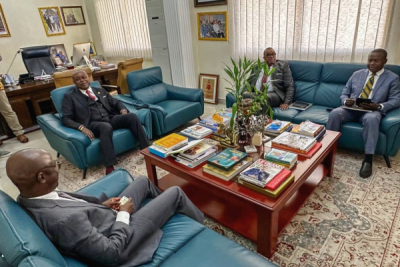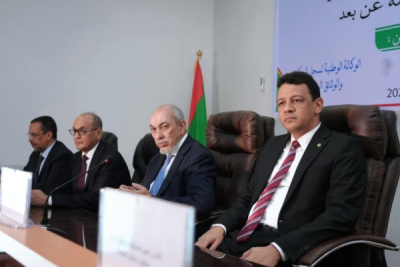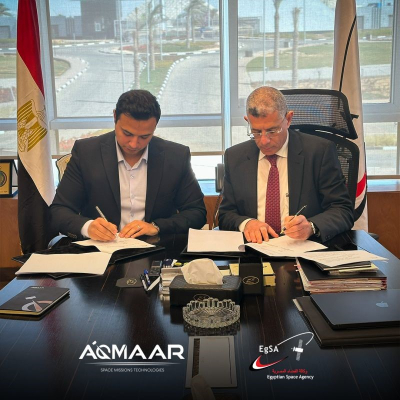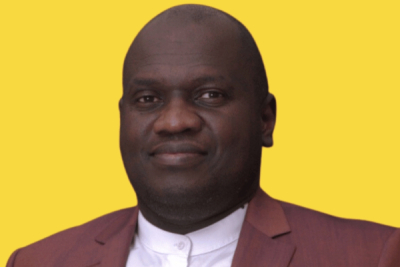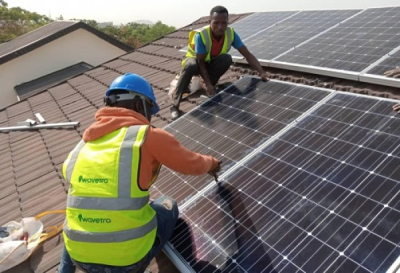As Africa undergoes a digital transformation, the continent is strategically positioning itself to leverage the opportunities of artificial intelligence. To this end, Morocco, Kenya, and Nigeria have partnered to launch an initiative promoting AI for the public good.
Smart Africa, an alliance of 40 African countries overseeing the continent's digital agenda, said on Wednesday it will officially launch the African Artificial Intelligence Council (AI Council) in April 2025. The announcement comes ahead of the Global AI Summit on Africa, slated for April 3-4 in Kigali, where council members will be appointed. The exact number of members has not yet been disclosed.
The AI Council will bring together policymakers, business leaders, and key players in the AI ecosystem. Its mission is to drive digital transformation, foster innovation, and develop policies aimed at accelerating Africa’s digital economy.
According to Smart Africa, the council will promote collaboration, knowledge-sharing, and innovation to position Africa as a strategic player in the global AI landscape. It will also work to ensure that AI technologies are leveraged in a way that benefits all sectors of society and supports inclusive growth.
The initiative was first announced during the High-Level Meeting on Artificial Intelligence for Africa, held in Rabat, Morocco, on February 4, 2025. Ahead of its official launch, stakeholders also met on the sidelines of the AI Action Summit in Paris from February 10-11. Further consultations are planned during the Mobile World Congress in Barcelona from March 3-6.
This initiative comes as African nations seek to capitalize on AI, a technology that could add $2.9 trillion to the continent’s economy by 2030—equivalent to a 3% increase in annual GDP, according to the GSMA. The organization highlights AI’s potential to support the Sustainable Development Goals by providing innovative solutions for more inclusive and sustainable development, particularly in critical areas.
However, GSMA also points to several challenges that must be addressed for Africa to fully harness AI’s potential. These include low mobile internet adoption, a persistent digital divide, insufficient digital skills, a lack of regulatory frameworks, limited research capacity, weak energy infrastructure, and ethical and security risks. Additionally, there is a shortage of AI solutions tailored to the continent’s specific challenges.
By Isaac K. Kassouwi,
Editing by Sèna D. B. de Sodji



